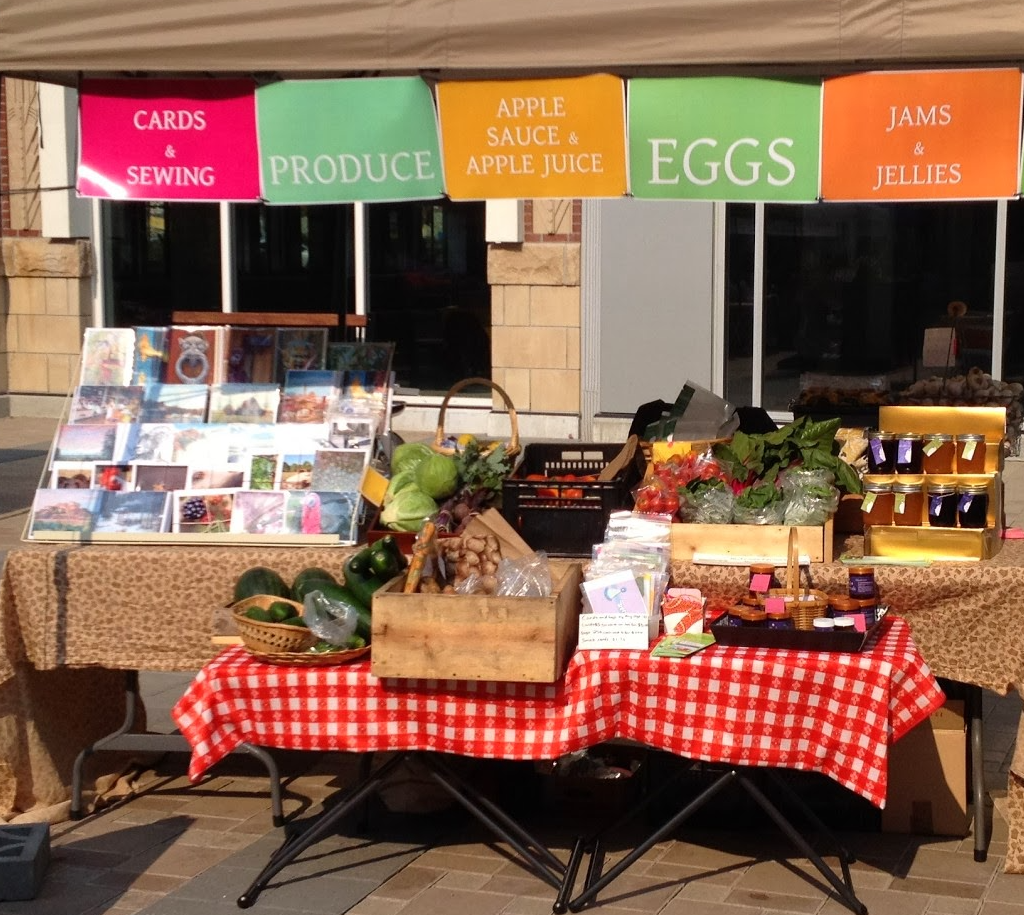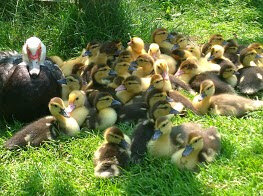Washing eggs is a daily ritual for local farmers with a flock of layers.
I have eggs on my mind. Maybe that's because the Easter Bunny was hanging around town on the weekend and it was hard to ignore all those images of chocolate eggs which appeared everywhere I looked in my social feeds. Or, maybe it's because ever since my days of tending a small poultry flock I've been keenly aware that eggs are a seasonal product and spring on the farm was when egg production was at its peak.
Not that you'd know that eggs are seasonal from any scarcity in the grocery stores. But if you have a favourite local farm stand somewhere and like to support a local farmer by picking up a dozen fresh, organic eggs each week, then you know it can be hard to get your supply of fresh eggs when the days are short, wet and chilly in November, December and January.
Hens Need a Break, Too
Even the best layers take a rest in the winter, which makes a lot of sense if you consider eggs are not laid for our omelet-making pleasure. Eggs are meant to become chicks and chicks don't do well when they hatch in the coldest months.
Hens start laying after the worst of winter is over but early enough in the spring that they have time to lay enough eggs (more or less one a day) for a clutch and then sit on that clutch until the eggs develop into chicks. Hatching those babies when plants have started to grow and there are more insects and grubs around makes perfect sense.
This muscovy duck babysits several clutches of ducklings on a warm, spring afternoon.
Year-Round Demand Met By Large Commercial Producers
There are a couple of reasons that we don't generally suffer an egg drought in January. Large-scale egg producers control light and temperature in large indoor facilities and make sure hens keep laying year-round. The supply chain takes full advantage of the fact that eggs keep remarkably well. In many places in Europe, cartons of eggs never see the inside of a refrigerator.
Chickens Aren’t the Only Egg Game in Town
Though we generally default to eating chicken eggs, the same pattern of taking a winter laying break holds true for ducks, geese, and turkeys, all of which have delicious eggs to offer our brunch plates.
The Saanich Fair is a great place to check out eggs of all kinds - turkey, chicken, duck, and bantam eggs are on display each fall. The fair is also a great place to connect with local farmers and secure your supply of fresh, local eggs!
One of my favourite ways to use up extra duck eggs was in a custardy torte made with goat milk. Rich, creamy and delicious, the recipe was based on a Melktert recipe from South Africa [similar to this one, if you’d like to give one a try].
We raised muscovy ducks and the eggs were large and hearty. Though it took some effort to whip them up, they were tasty as heck and we used them in all our favourite eggy recipes.
Because the muscovy eggs were 1.5-2 times larger than chicken eggs, we had to fiddle a bit with quantities, but otherwise, they worked fabulously well whether we used them in baked goods or omelets. [Take note - it’s worth asking around to see if you can get your hands on some duck eggs!]
What’s your favourite way to serve eggs? Frittatas or fried? Homemade mayo or scrambled? Do tell! Even though we don’t have the farm any more, we do love our eggs and we’re always on the lookout for fabulous new ways to prepare them!





